The Swindon Music Co-operative provides tuition on the a wide range of instruments, subject to teacher availability.
Please see below for the instruments we teach and hover on them to know a little more about each instrument.
Woodwind
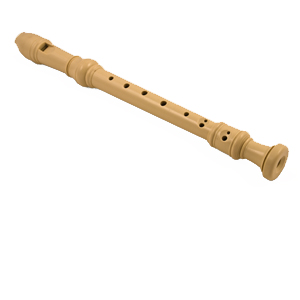
Recorder
Recorder
Notes are within easy reach, the instrument is cheap to buy, small and light to carry, and you don't need a special embouchure (mouth shape) to make a sound.
Recommended starting age: 7+
Recommended starting age: 7+
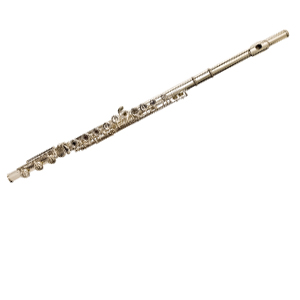
Flute
Flute
The sound of a flute can range from gentle and airy to piercing. Quite often getting the melody in orchestral pieces there is also a lot of flute choir music. Using a curved head joint means you don't need long arms to start.
Recommended starting age: 9+
Recommended starting age: 9+
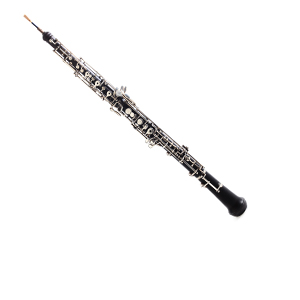
Oboe
Oboe
The oboe can make a beautiful sound (it can also sound like a duck!). Responsible for tuning an orchestra and with a sound that cuts through, there's no hiding. One of the most difficult instruments to learn.
Recommended starting age: 9+
Recommended starting age: 9+
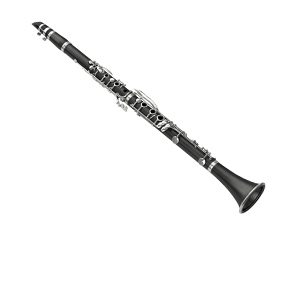
Clarinet
Clarinet
An instrument that gets plenty of tunes in bands, the clarinet is fairly easy to start and lends itself to a wide variety of musical styles.
Recommended starting age: 9+
Recommended starting age: 9+
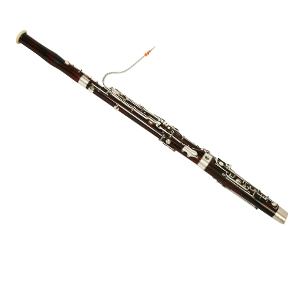
Bassoon
Bassoon
The bassoon
Recommended starting age: 11+
Recommended starting age: 11+
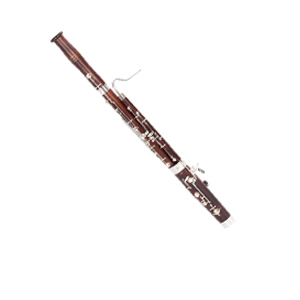
Tenoroon
Tenoroon
The tenoroon is similar to a bassoon but is smaller and with a simpler fingering, so easier for younger pupils to reach and a good starting point for those who want to learn the bassoon but can't manage the size.
Recommended starting age: 9+
Recommended starting age: 9+

Saxophone
Saxophone
The saxophone can range from being loud and raucus to dark and smokey with several instruments in the family from the high Soprano to the honky Baritone. Not for those with small hands.
Recommended starting age: 11+
Recommended starting age: 11+
Brass

Trumpet
Trumpet
The trumpet...
Recommended starting age: 5+
Recommended starting age: 5+

Cornet
Cornet
The cornet...
Recommended starting age: 5+
Recommended starting age: 5+
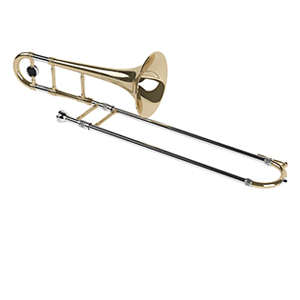
Trombone
Trombone
The trombone is a low sounding brass instrument that uses a slide. Capable of being very loud, it requires good lung capacity and long arms.
Recommended starting age: 5+
Recommended starting age: 5+
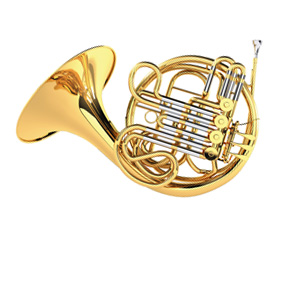
French Horn
French Horn
The french horn
Recommended starting age: 5+
Recommended starting age: 5+
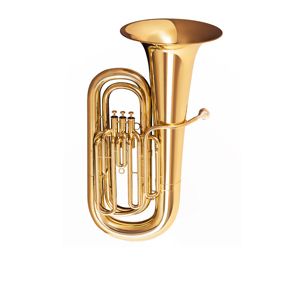
Tuba
Tuba
The tuba...
Recommended starting age: 9+
Recommended starting age: 9+
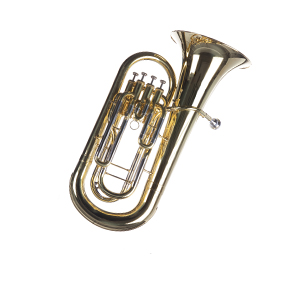
Euphonium
Euphonium
The euphonium
Recommended starting age: 9+
Recommended starting age: 9+
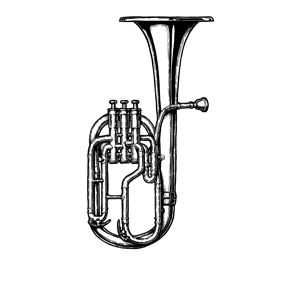
Tenor Horn
Tenor Horn
The tenor horn...
Recommended starting age: 5+
Recommended starting age: 5+
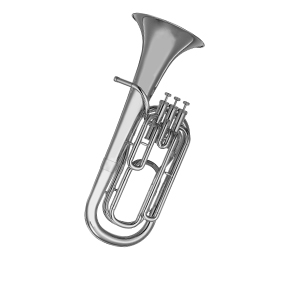
Baritone
Baritone
The baritone...
Recommended starting age: 5+
Recommended starting age: 5+
Strings

Violin
Violin
A large range of sizes so you can start learning from a very early age. A difficult instrument to learn due to the number and complexity of challenges and skills involved. Gets to play the tunes in orchestras a lot 🙂
Recommended starting age: 7+
Recommended starting age: 7+
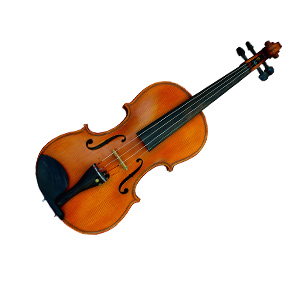
Viola
Viola
The viola is lower sounding and larger than the violin and tends to play juicy 'inner parts' rather than the tune. Would suit somebody with larger hands although many learn viola on a re-strung violin.
Recommended starting age: 9+
Recommended starting age: 9+

Cello
Cello
The cello (violoncello to be correct) gets to play bass lines for quartets and is very rhythmically and harmonically important in ensemble settings. Bonuses include always getting to sit down and a satisfyingly rich sonority.
Recommended starting age: 9+
Recommended starting age: 9+

Double Bass
Double Bass
The largest and lowest sounding member of the string family. You'll need a large car to transport this instrument - even a 1/2 size is ~1.65m long!
Strong fingers and arms needed.
Recommended starting age: 11+
Strong fingers and arms needed.
Recommended starting age: 11+
Guitar
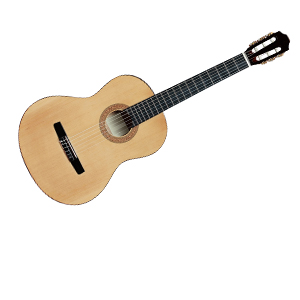
Classical Guitar
Classical Guitar
The classical guitar is played using the thumb and fingers of the right hand to pluck the strings. Softer than the acoustic guitar due to nylon strings and the style doesn't use chord shapes as much.
Recommended starting age: 7+
Recommended starting age: 7+

Acoustic Guitar
Acoustic Guitar
The acoustic guitar is similar to the classical guitar but is louder thanks to metal strings. Can be played finger style or with a pick (plectrum). Used in a broad range of styles from folk and country to rock and pop.
Recommended starting age: 7+
Recommended starting age: 7+
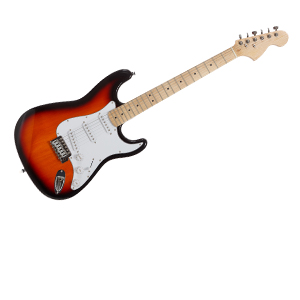
Electric Guitar
Electric Guitar
Electric guitar...
Recommended starting age: 7+
Recommended starting age: 7+
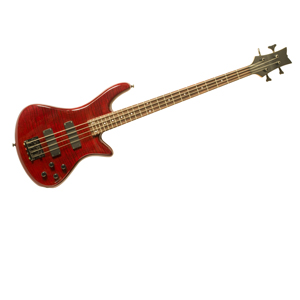
Bass Guitar
Bass Guitar
Rarely gets to solo but (along with drums) provides the foundation or groove for the band. You don't have to learn chord shapes and can play a large number of songs with relatively few notes. Large-ish hands needed.
Recommended starting age: 9+
Recommended starting age: 9+
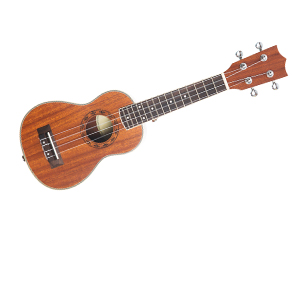
Ukulele
Ukulele
Small, light and easy to carry around, the ukulele usually provides a strummed accompaniment. Although the left hand needs to play chord shapes, the small size makes it relatively simple for young students.
Recommended starting age: 7+
Recommended starting age: 7+
Keyboard and Percussion

Piano
Piano
The piano...
Recommended starting age: 7+
Recommended starting age: 7+

Keyboard
Keyboard
Similar to the piano but with a very different feel to play, the keyboard is used in a huge variety of music from pop and rock to jazz. Portable and capable of producing many different sounds.
Recommended starting age: 7+
Recommended starting age: 7+
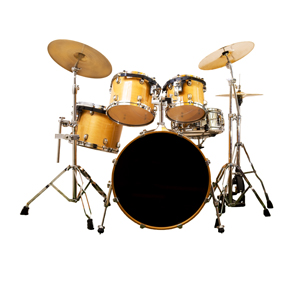
Drum Kit
Drum Kit
Playing drums requires the ability to do different things with each limb at the same time. It can be a fitness workout but you get to control the speed of the band!
Recommended starting age: 7+
Recommended starting age: 7+
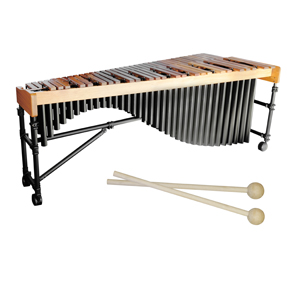
Orchestral Percussion
Orchestral Percussion
Orchestral percussion covers many different instruments from tambourines, claves and chimes to tubular bells, gongs and timpani. Basically anything that can be hit, scraped or shaken!
Recommended starting age: 7+
Recommended starting age: 7+
